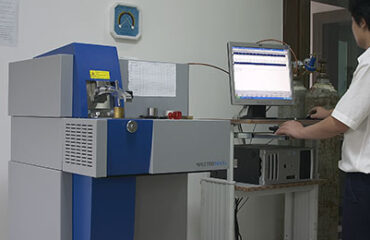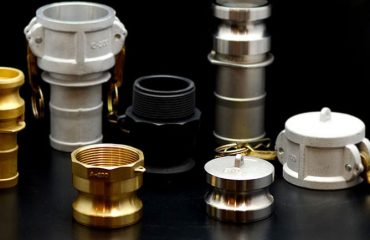Camlock couplings, also known as cam and groove couplings, are versatile and efficient connectors widely used across various industries. In agriculture, these couplings play a significant role in ensuring the smooth and efficient transfer of liquids, such as water, fertilizers, and pesticides. This article explores the applications, benefits, and considerations of using camlock couplings in the agricultural sector.
Applications in Agriculture
1. Irrigation Systems:
– Water Transfer: Camlock couplings are extensively used in irrigation systems to connect hoses and pipes, ensuring efficient water transfer from sources such as wells, rivers, and reservoirs to fields.
– Drip Irrigation: These couplings are also used in drip irrigation systems, where precise water delivery is crucial for crop health and water conservation.
2. Fertilizer and Pesticide Application:
– Liquid Fertilizers: Camlock couplings facilitate the transfer of liquid fertilizers from storage tanks to application equipment, ensuring even distribution and minimizing waste.
– Pesticide Spraying: They are used in pesticide spraying systems to connect hoses and nozzles, allowing for efficient and uniform application of pesticides.
3. Manure Management:
– Liquid Manure Transfer: In livestock farming, camlock couplings are used to transfer liquid manure from storage pits to spreaders or irrigation systems, ensuring efficient nutrient management and reducing environmental impact.
4. Feed and Water Supply:
– Animal Feeding Systems: Camlock couplings are used in automated feeding systems to connect hoses and pipes, ensuring a reliable supply of liquid feed to livestock.
– Watering Systems: They are also used in watering systems to provide a consistent and clean water supply to animals.
5. Chemical Handling:
– Herbicides and Fungicides: Camlock couplings made from chemical-resistant materials are used to handle and transfer herbicides and fungicides, ensuring safe and efficient application.
Camlock couplings are indispensable tools in the agricultural sector, offering numerous benefits such as ease of use, versatility, durability, and leak prevention. Their applications range from irrigation and fertilizer application to manure management and chemical handling. By selecting the appropriate materials, ensuring compatibility, and maintaining the couplings properly, agricultural operations can enhance efficiency, safety, and cost-effectiveness. As the agricultural industry continues to evolve, the role of camlock couplings in facilitating smooth and efficient operations will remain pivotal.



